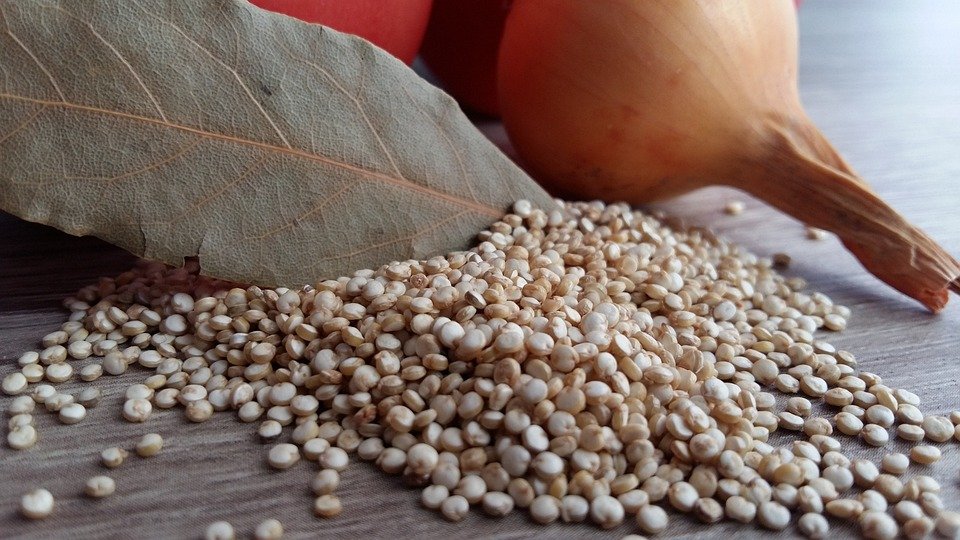Maintaining a balanced diet is crucial for weight management and energy levels. A balanced diet provides the body with the nutrients it needs to function properly, including vitamins, minerals, carbohydrates, protein, and fats. When these nutrients are not consumed in the right amounts, it can lead to weight gain, fatigue, and other health problems.
A balanced diet is essential for weight management because it helps to regulate the body’s metabolism. When the body is not getting the right nutrients, it can slow down its metabolism, making it harder to burn calories and lose weight. On the other hand, when the body is getting the right nutrients, it can speed up its metabolism, making it easier to burn calories and maintain a healthy weight.
In addition to weight management, a balanced diet is also important for energy levels. The body needs a steady supply of energy to function properly, and this energy comes from the food we eat. When the body is not getting the right nutrients, it can lead to fatigue and low energy levels. On the other hand, when the body is getting the right nutrients, it can provide a steady supply of energy, helping to keep you alert and focused throughout the day.
A balanced diet also plays a key role in preventing chronic diseases such as heart disease, diabetes, and cancer. Eating a diet that is high in fruits, vegetables, whole grains, and lean proteins can help to reduce the risk of these diseases. On the other hand, eating a diet that is high in processed foods, sugars, and unhealthy fats can increase the risk of these diseases.
In order to maintain a balanced diet, it is important to eat a variety of foods from all the food groups. This includes fruits, vegetables, whole grains, lean proteins, and healthy fats. It is also important to watch portion sizes and avoid overeating. In addition, it is important to drink plenty of water and limit the consumption of sugary drinks and alcohol.
FAQs:
Q: What are some examples of foods that should be included in a balanced diet?
A: Some examples of foods that should be included in a balanced diet include fruits, vegetables, whole grains, lean proteins such as chicken, fish, and tofu, and healthy fats such as olive oil and avocado.
Q: How can I maintain a balanced diet while on a budget?
A: There are many ways to maintain a balanced diet while on a budget. Some tips include buying in-season fruits and vegetables, buying in bulk, and cooking meals at home instead of eating out.
Q: How can I ensure I am getting all the necessary nutrients in my diet?
A: To ensure you are getting all the necessary nutrients in your diet, it is important to eat a variety of foods from all the food groups. You can also take a multivitamin to supplement your diet if needed.
Q: How can I avoid overeating and maintain a healthy weight?
A: To avoid overeating and maintain a healthy weight, it is important to watch portion sizes, eat slowly, and listen to your body’s hunger cues. It is also important to avoid eating when you are not hungry and to limit the consumption of unhealthy snacks and treats.
In conclusion, maintaining a balanced diet is essential for weight management and energy levels. By eating a variety of foods from all the food groups and watching portion sizes, you can ensure that your body is getting the nutrients it needs to function properly. By following these tips, you can maintain a healthy weight, stay energized throughout the day, and reduce your risk of chronic diseases.


